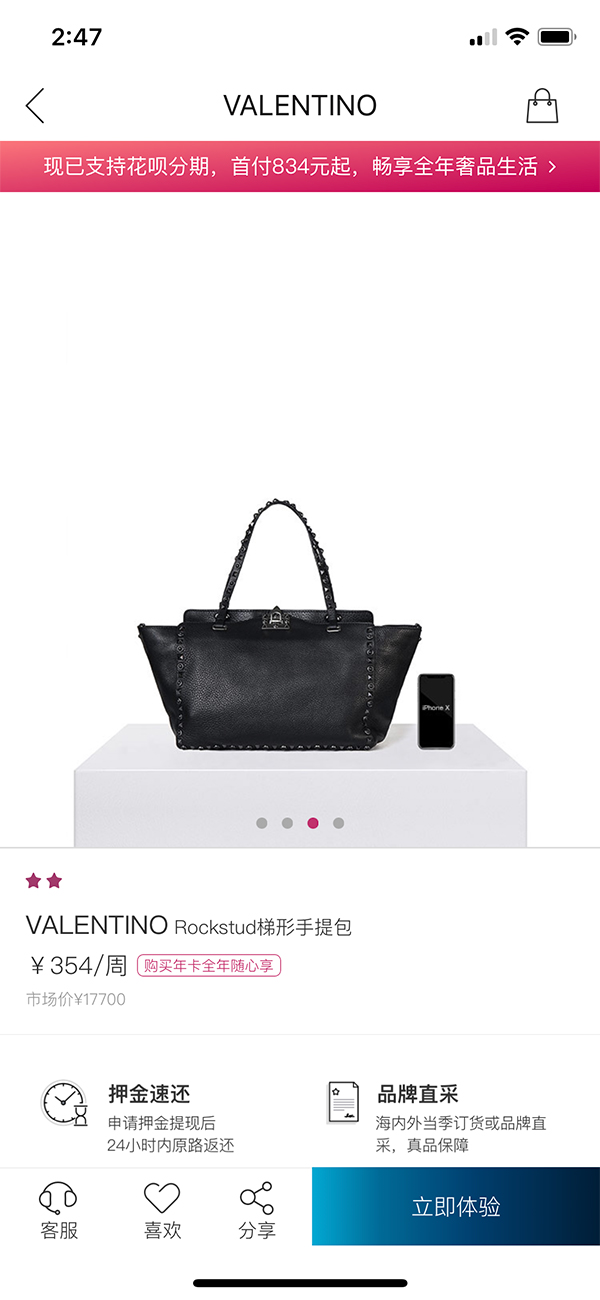All that glitters is not sold


Yi lingna, 39, of Beijing, is a dedicated follower of fashion and a regular customer of luxury goods rental services.
She frequently scours StarLuxe's many new and limited editions, and by renting things she saves space in her home, she says. She also rents bags and watches for her husband.
"I'm a Taurus (purportedly someone who is extremely careful in financial matters), so I'm keen to spend the least amount of money for the greatest number of goods."
However, for the many thousands who have been converted by the gospel of luxury goods sharing, there are plenty of others who remain to be convinced about this new economic model.
Lin Han, 25, of Ningbo, Zhejiang province, says she owns more than 30 luxury goods items each costing more than 10,000 yuan and is repelled by the idea of anybody but her leaving a crease or mark on anything she owns.
"I think I'd even lose sleep over it. I just can't entrust my babies (handbags) to anyone else. I don't think there is anyone who would care for my things the way I and their real owner, do."
Even being compensated financially for damage to rented items or having them repaired or replaced would be inadequate, she says.
"It's just not the same."
Chen Ting, 32, of Shanghai, says renting luxury goods is not the only way of trying to patch up the gaping holes that they can leave in a buyer's pocket.
"Apart from well-known brand names such as Louis Vuitton, Chanel and Gucci, anyone who is keen on following fashion can look to many niche designer brands. More importantly, the stuff these designers sell has a smaller number on the price tag."
At the moment StarLuxe serves customers in Shanghai and Beijing only, and Zhang says it has more than 10,000 regular users, 10 percent of whom have paid a membership fee that entitles them to a discount on rental fees and a waiver on deposits and delivery fees.
"We're not making money at the moment," Zhang says.
"Right now it's a matter of changing people's lifestyles, just as the online payment service Alipay and the e-commerce platform JD have been trying to do. Over the years they have lost a lot of money, but it's the economies of scale in the future that they have their eye on."
Zhang seems to be convinced that the changes to the way people think about buying luxury goods that he is looking for are well on the way.
"Over the past few years the pace of change in the luxury goods industry has become faster and faster. People used to buy these things to show off their status; now they're simply enjoying the pleasure of keeping up with fashion trends."
xuhaoyu@chinadaily.com.cn




































